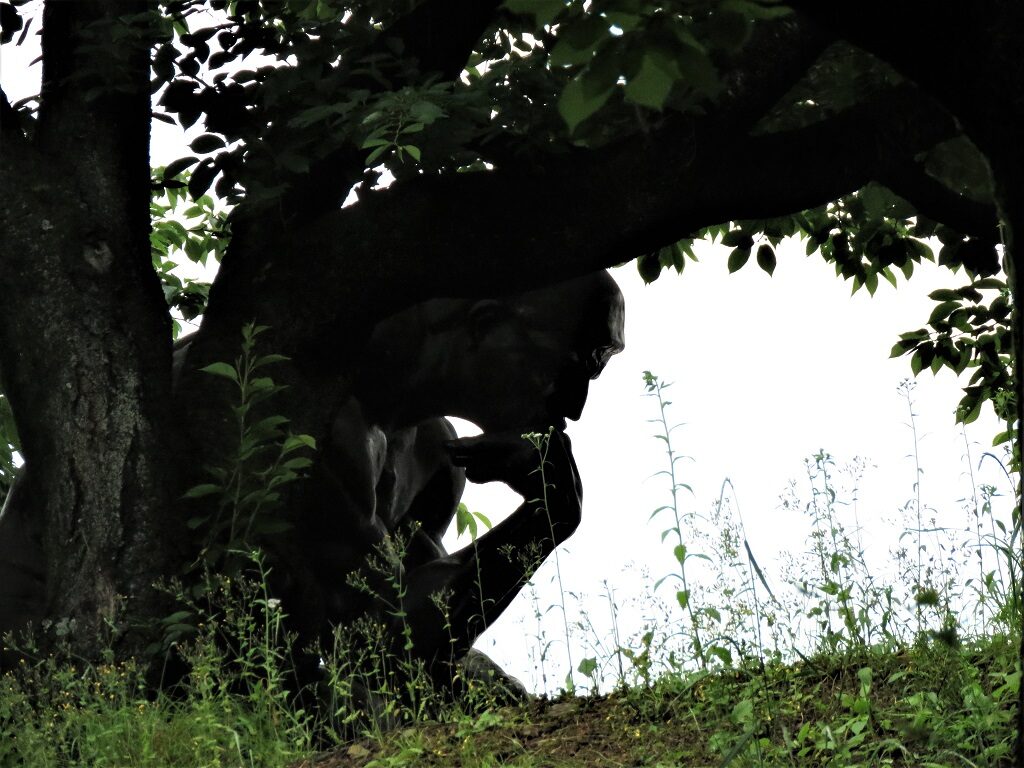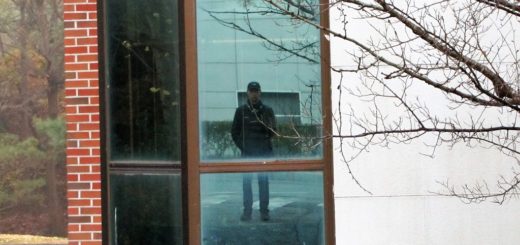Two Reflections On Higher Education
The purpose of higher education, as originally founded in the solid ground of the classical philosophic life, was to foster the civilized notions that there is no real safety in numbers; that truth is not amenable to popular opinion; that the adage “knowledge is power” is not reversible; that detached, quiet reflection is the only antidote to the intellectual poison of the public outcry; and that, as Heraclitus wrote, one man is worth ten thousand if he be the best. Today’s higher education, re-founded as it is upon the river of progressive radicalism — in which river, by principle and design, one cannot step twice — has turned those earlier premises, which is to say the premises of civilized life, on their heads. Is it any wonder we are doomed? You can legislate against reality as much as you like, but you cannot change certain basic truths, such as the truth that a fish rots from the head.
The proper debate is not between those who argue for more rigorous standards of job training and those who argue for more rigorous fostering of political activism. It is between those who believe higher learning ought to be aimed at practical goals unrelated to learning as such (the view encompassing both sides in the intramural fight between job training and activism), and those who believe that the true aim of theoretical study is to foster the love and pursuit of the theoretical life. This true debate was, for hundreds of years, resolved by default in favor of theory. Today it has been resolved by force in favor of practice. Under the former approach, the university was in principle a haven of civility, taste, dignity, and the vigorous discussion of profound alternatives, i.e., of self-interest defined in the most spiritual and universalizing sense. Under the latter approach, the university is the enemy of independent thought about fundamental alternatives, because its intended outcomes are in principle restricted to the realm of practical action, which is to say to the realm of the body rather than of the soul, i.e., of self-interest defined in the narrowest and most irrational sense.



